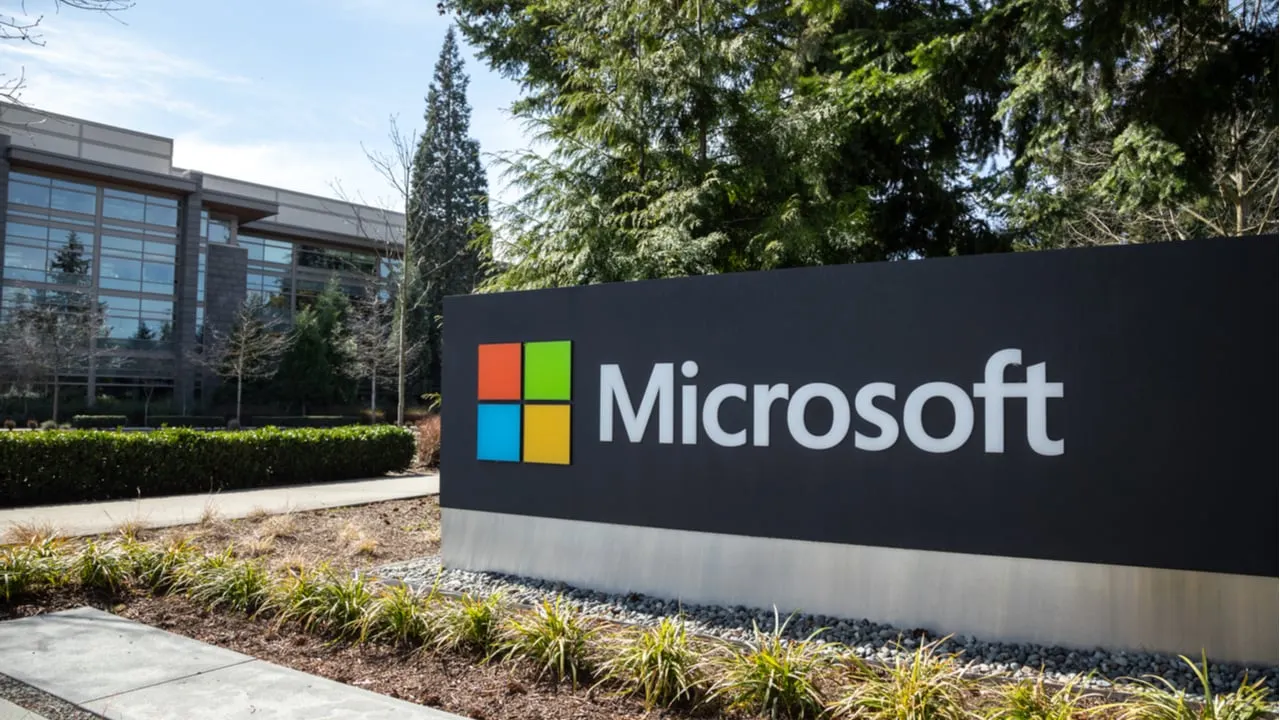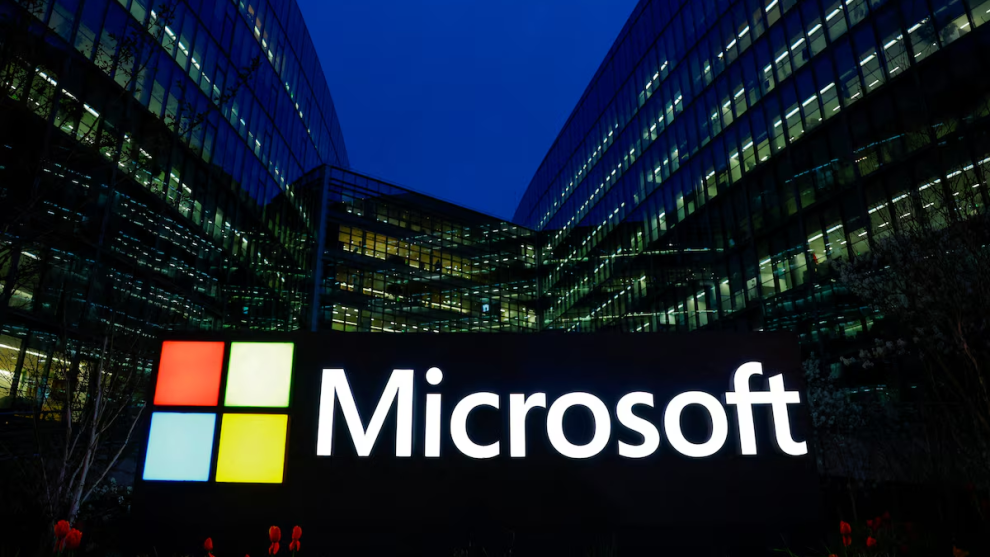From Innovation to Invasion: Concerns Spark Public Outrage
The initial announcement of Recall raised eyebrows due to its constant screen monitoring. Critics argued that such a feature could be misused for snooping and data leaks. Security researchers highlighted the risk of malware exploiting the way Recall stored screenshots, potentially compromising sensitive information.
These concerns gained significant traction online, with many users expressing discomfort with the level of intrusion Recall represented. The potential for misuse, both intentional and accidental, became a major point of contention.
Microsoft Scrambles for Damage Control
Microsoft attempted to address the growing concerns by revising Recall’s functionality. They introduced an opt-in system, making the feature disabled by default and requiring explicit user activation. Additionally, they emphasized the use of encryption via Bitlocker to secure the captured screenshots.
However, these changes seemed to fall short. The encryption, while protecting against unauthorized remote access, wouldn’t prevent someone with physical access from viewing the Recall history. This critical detail continued to be a sticking point for security experts.
Shifting Gears: Recall Heads to Insiders First
Facing mounting pressure, Microsoft announced a significant shift in Recall’s rollout strategy. Instead of a broad launch alongside Copilot+ PCs, the feature will now enter a closed beta testing phase within the Windows Insider Program. This program allows a dedicated group of users to test pre-release software and provide feedback directly to Microsoft.

By taking Recall to a controlled testing environment, Microsoft hopes to gather valuable user data and address any lingering security concerns before a wider release. The company emphasized their commitment to “ensuring the experience meets [their] high standards for quality and security.”
Mixed Reactions: A Cautious Welcome, But Questions Remain
The news of the delay has been met with mixed reactions. Some users have applauded Microsoft’s willingness to listen to user concerns and prioritize security. The move to a closed beta test is seen as a positive step towards a more secure and user-friendly Recall experience.
However, skepticism lingers. The question remains whether Microsoft can truly address the inherent privacy concerns associated with constant screen monitoring. Additionally, some users expressed disappointment at the delay, having been intrigued by Recall’s potential benefits.
A Turning Point for User Privacy in the Tech Landscape?
The Recall controversy has sparked a wider conversation about user privacy in the tech landscape. As technology advances and features become more sophisticated, the line between innovation and intrusion blurs. The Recall case highlights the importance of user transparency and robust security measures when dealing with sensitive data.
The outcome of Microsoft’s efforts to refine Recall will be closely watched. If they succeed in creating a secure and user-controlled experience, it could pave the way for a new era of AI-powered productivity tools. However, if they fail to adequately address privacy concerns, it could lead to a loss of user trust and a chilling effect on the development of similar features.
The Road Ahead: Balancing Innovation and Privacy
Microsoft’s decision to delay Recall signifies a crucial moment in the balance between technological advancement and user privacy. The company now faces the challenge of crafting a solution that caters to both a desire for innovation and the fundamental right to digital privacy. The success of Recall, and similar features in the future, will depend on their ability to bridge this divide.
Only time will tell if Microsoft can strike the right balance and usher in a new age of secure and user-centric AI integration within our personal computing experiences.
















Add Comment